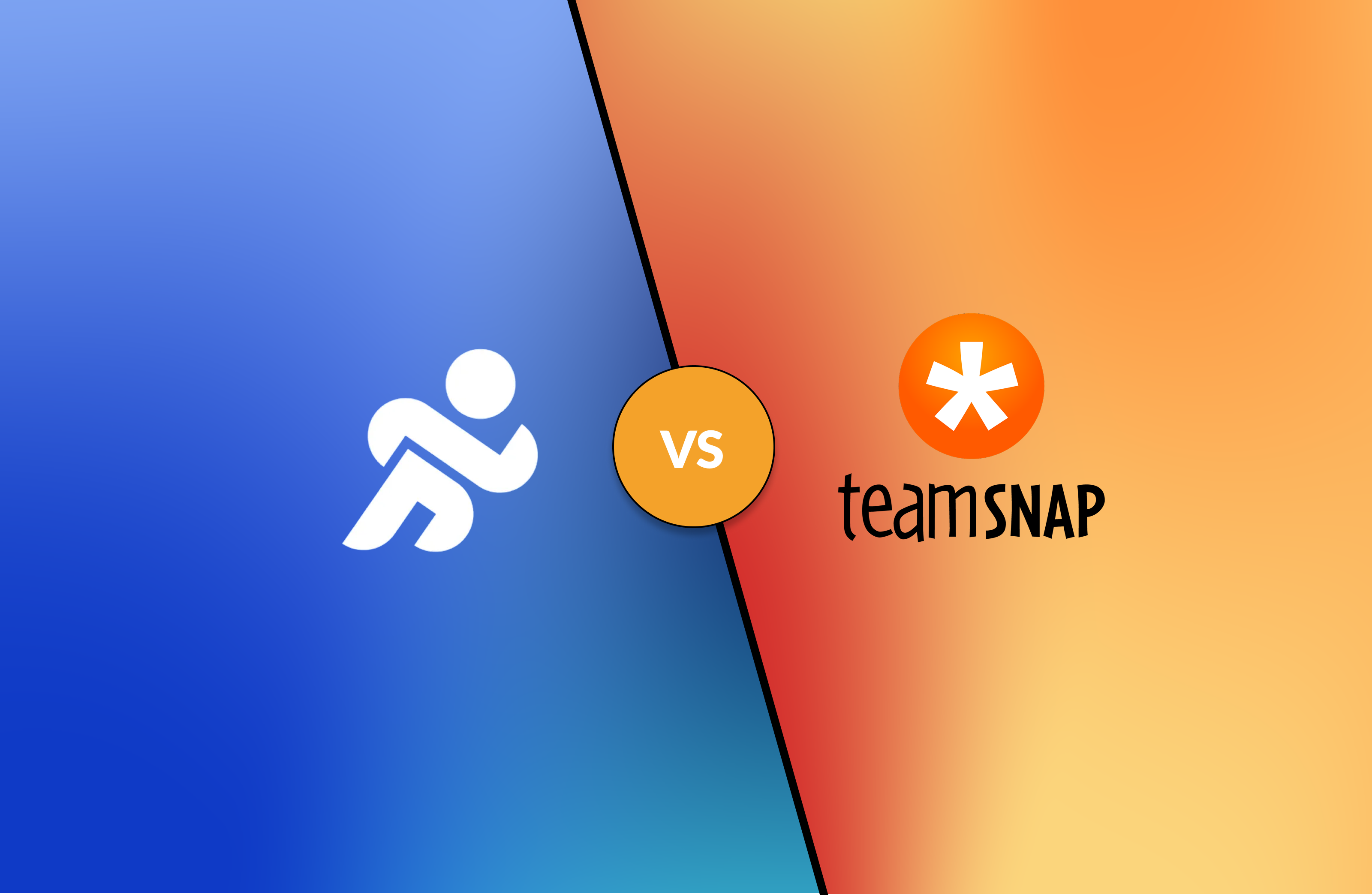6 Behaviors to avoid as a school coach

Sport at school is a little more complex than you might think: it’s a double-edged sword. Children can love going to PE class, just as they can dread the moment with stress and anxiety. This is where the coach’s role takes another turn. Certain practices and learning methods may be appropriate for association sports, but are hardly appropriate in a school environment. The aim is for young people to be physically active and have a good time at the same time. Discover the 6 behaviors you should avoid as a school coach.
Let children choose their teammates
Letting children choose their teammates is often the easy choice. Affinities naturally form the teams for a game. However, this practice is not necessarily ideal, for a number of reasons. If children choose their teams, the least athletic or most socially isolated will be chosen last. This can be very damaging to a youngster’s self-confidence.
If, as a coach, you decide to form the teams, you can distribute the talents and profiles. In this way, you can create teams that are balanced in both sporting and human terms. Some children may feel frustrated when they’re not in the team they wanted to be in. However, this more balanced experience ensures that no child feels left out! What’s more, by choosing the teams yourself, you leave no room for bullying in your sports teams.
Valuing performance alone
Since all children are different, they don’t necessarily start out with the same aptitude for a particular sport. School sports are a way for coaches to introduce their pupils to new physical activities. It’s important for the coach not to value a child’s success solely on the basis of his or her performance. Other criteria must also be taken into account.
You can value a child’s motivation and participation. The more the pupil wants to play and gets involved in the activities, the better his progress will be. The coach can reward a motivated pupil verbally, by awarding small trophies or even on the basis of the pupil’s school grades.
Improvement is just as important in any sport. Some young people start from scratch but quickly improve their skills and abilities. Perseverance and courage, despite a low level, are values that should be valued. Sport and personal development are intimately linked.
Focusing on the best players
By definition, a sports education course is an introduction to a sport. The aim is to give young people the opportunity to exercise and familiarize themselves with a physical activity. For the school coach, the aim is not to unearth the little geniuses of this or that sport. The future Tom Brady is probably not hiding among your pupils, so you need a course adapted to each level.
The school coach must enable all his pupils to enjoy themselves and have access to the same teaching. So as not to affect a child’s self-confidence, the coach must give the same attention to all his pupils. Concentrating on the best students is detrimental to the progress and enjoyment of others. Such behavior could lead children to lose interest in sports education.
Strict separation according to level
School sports coaches usually divide players into groups, so that the strongest can train together and the less talented can train separately. This may sound natural, but it’s actually a coaching mistake.
In fact, if you train youngsters with different talents within the same group, the best will be able to share and help the less talented to improve. Again, sport and personal development are really linked. What’s more, if a lower-performing student is integrated into the “less good” group, this could affect his or her self-confidence and negatively impact motivation to participate.
In this context, it’s a question of trying to get the best students to participate in order to help the whole group progress. The aim is to build joint sports workshops rather than focusing on individual performance.
Devaluing young people who don't like sport
Realistically, in a school context, young people don’t always take part in sports education classes because they want to, but also sometimes because they have to. Even if a large proportion of children enjoy sport at school, there are some for whom it’s a time that encourages stress and anxiety. We mustn’t lose sight of the fact that sports education is just as valuable as any other subject: if one pupil doesn’t like math, it’s perfectly understandable if another doesn’t like sport. Whether managing a sports group or any cultural group at school, the issues are the same. It’s a challenge for the coach to get certain students to appreciate the hours spent in his or her discipline.
To do this, you need to find some kind of interest in the sport on the part of the student. It could be the desire to surpass oneself, the simple fact of exerting oneself, sharing, team spirit, competition, success and so on. Since it’s possible to learn to enjoy sport at any age, just because a child arrives hating it doesn’t mean he or she can’t leave the class having had a good time. The typical mistake of a bad school coach would be to devalue a child just because he or she has no interest in sports!
Focusing on competition
In some cases, a little rivalry can encourage young people to excel and participate more fully in the course. However, too much competition can also demotivate less talented youngsters, or those who simply don’t have the competitive spirit.
It’s important not to lose sight of the fact that this is a school environment and that children are there to learn. Sport at school teaches so many values other than winning: team spirit, sharing, surpassing oneself, respect, perseverance, equality and inclusion. Bear in mind that not all young people have the same appetite for sport, the same aptitudes or the same desires.
It’s clear that school sports face major challenges that can be more or less complex. Young people generally appreciate sports education, as it gives them something to do between classes. Nevertheless, many are traumatized by a bad experience with a bad coach. By avoiding the above behaviors, you should be able to improve the quality of your training and delight your students.
Don't miss our new year-end gala organization guide!
Karl Demers



